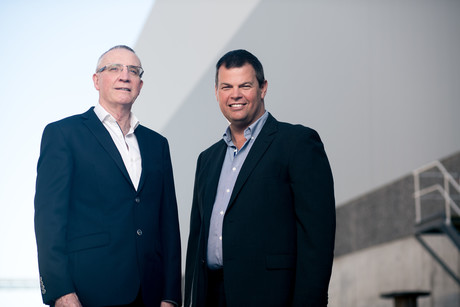Energy storage could meet Australia's electricity demands

A representative from clean energy storage company 1414 Degrees was invited to speak at yesterday’s Senate Select Committee into the Resilience of Electricity Infrastructure in a Warming World — a hearing to discuss the problems currently being faced by Australia’s electricity grid.
Australia’s electricity demand profile is increasingly characterised by widening gaps between peaks and troughs and a diminishing base load, which is increasingly challenging the existing generation mix in the grid. Robert Riebolge, chief network analyst at 1414 Degrees, said these issues are only going to get much worse, particularly with the imminent emergence of electric vehicles.
In the next 3–5 years, Riebolge said, we can expect electric vehicle owners to be arriving home from work and plugging in their electric car at about the same time, causing huge spikes in demand for short periods of time. “Our current generation mix is not designed to meet this kind of demand profile,” he said.
“What is needed is a fleet of load following generators.”
1414 Degrees has been working on such a system for the past decade now, having released a commercial prototype of its thermal energy storage system (TESS) in September 2016. As explained by Riebolge, the storage system “converts intermittent renewables (eg, solar and wind) into load following generators that can respond instantaneously to the demand profile”.
Developed with assistance from the AusIndustry Accelerating Commercialisation program, the TESS is a low-emission product that is efficient, safe and scalable. It uses abundantly available elemental silicon for storing and retrieving electrical energy, resulting in low capital and operating costs for a system that provides a stable supply back to the grid.
“The smart grid, which is rapidly replacing our legacy grid, will orchestrate the dispatch of these renewable energy generators and, as the build-out of the infrastructure is amortised, it will put significant downward pressure on electricity prices as the sun and wind are free sources of energy,” said Riebolge.
$25m grant supports cleaner cement production
The upgrades will enable the Berrima Cement Works kiln to source up to 60% of its energy from...
$39m boost to NSW's EV fast charging network
Applications are open for Round 4 of the NSW Government's EV fast charging grants program,...
Agreement unites clean energy providers
Wind and water energy come together as Aula Energy signs a long-term power purchase agreement...










